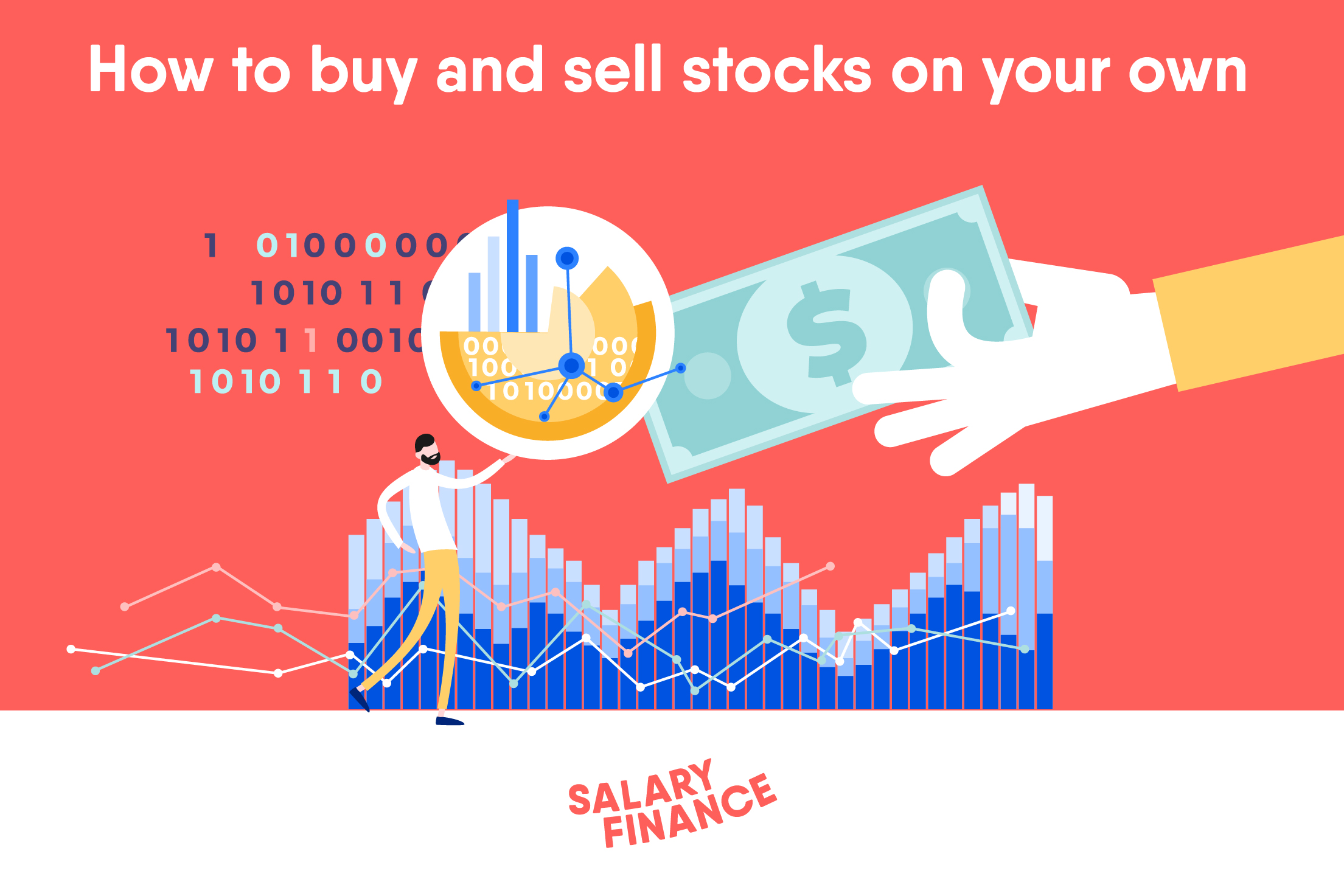
In order to buy stocks, you need the assistance of a stockbroker since you cannot usually just call up a company and ask to buy their stock on your own. For inexperienced investors, there are two basic categories of brokers to choose from: a full-service broker or an online/discount broker.
Full-Service Brokers
Full-service brokers are what most people visualize when they think about investing—well-dressed, friendly business people sitting in an office chatting with clients. These are the traditional stockbrokers who will take the time to get to know you personally and financially. They will look at factors such as marital status, lifestyle, personality, risk tolerance, age (time horizon), income, assets, debts, and more.1 By getting to know as much about you as they can, these full-service brokers can then help you develop a long-term financial plan.
Not only can these brokers help you with your investment needs, but they can also provide assistance with estate planning, tax advice, retirement planning, budgeting and any other type of financial advice, hence the term "full-service." They can help you manage all of your financial needs now and long into the future and are for investors who want everything in one package. In terms of fees, full-service brokers are more expensive than discount brokers but the value in having a professional investment advisor by your side can be well worth the additional costs. Accounts can be set up with as little as $1,000. Most people, especially beginners, would fall into this category in terms of the type of broker they require.
Online/Discount Brokers
Online/discount brokers, on the other hand, do not provide any investment advice and are basically just order takers. They are much less expensive than full-service brokers since there is typically no office to visit and no certified investment advisors to help you. Cost is usually based on a per-transaction basis and you can typically open an account over the internet with little or no money. Once you have an account with an online broker, you can usually just log on to its website and into your account and be able to buy and sell stocks instantly.
Remember that since these types of brokers provide absolutely no investment advice, stock tips or any type of investment help, you're on your own to manage your investments. The only assistance you will usually receive is technical support. Online (discount) brokers do offer investment-related links, research, and resources that can be useful. If you feel you are knowledgeable enough to take on the responsibilities of managing your own investments or you don't know anything about investing but want to teach yourself, then this is the way to go.
The bottom line is that your choice of broker should be based on your individual needs. Full-service brokers are great for those who are willing to pay a premium for someone else to look after their finances. Online/discount brokers, on the other hand, are great for people with little start-up money and who would like to take on the risks and rewards of investing upon themselves, without any professional assistance.
Direct Stock Purchase Plan
Sometimes, companies (often blue-chip firms) will sponsor a special type of program called a DSPP, or Direct Stock Purchase Plan.2 DSPPs were originally conceived generations ago as a way for businesses to let smaller investors buy ownership directly from the company. Participating in a DSPP requires an investor to engage with a company directly rather than a broker, but every company's system for administering a DSPP is unique. Most usually offer their DSPP through transfer agents or another third-party administrator. To learn more about how to participate in a company's DSPP, an investor should contact the company's investor relations department.
This content was originally published on Investopedia.







